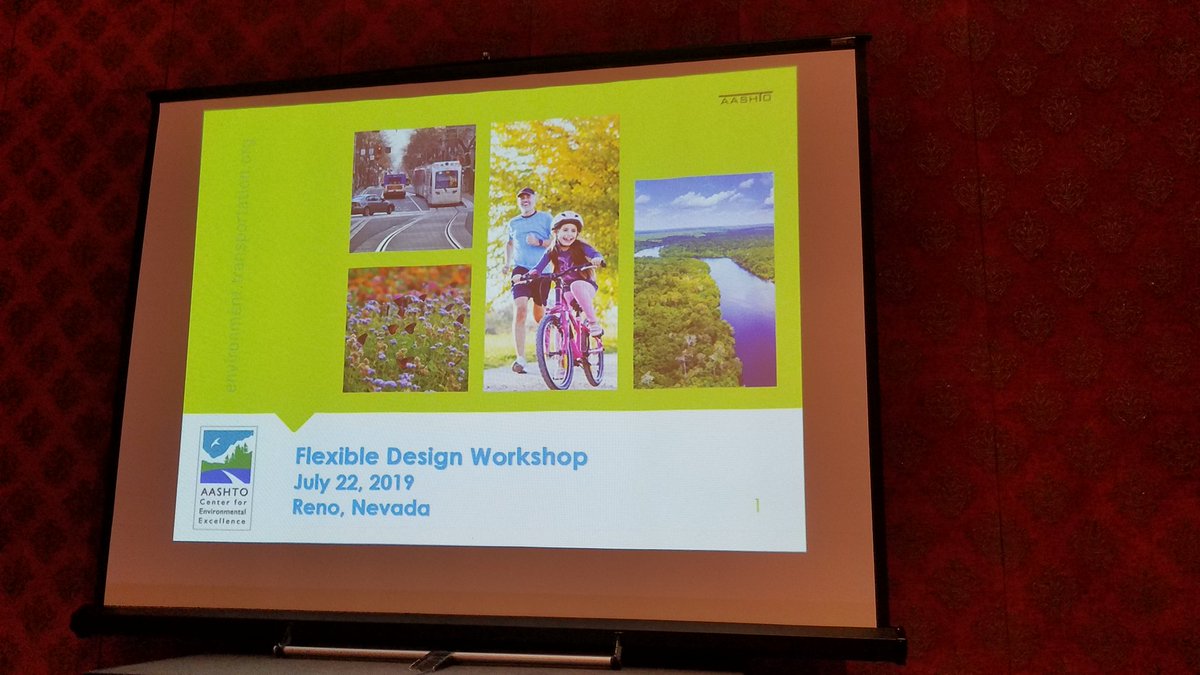But imo ALSO exemplifies a key limitations of jdm-style explanations.
(Thread.)
foreignpolicy.com/2009/10/13/why…
-reactive devaluation
-sunk cost fallacy
-the fundamental attribution error
etc.
(I’ll explain.)
2/
We are prone to go to war b/c
-we over-estimate our likelihood of victory
-we presume our adversaries concessions are not meaningful
-we throw good troops after bad. (Think “the surge.” Or basically every stage in Vietnam.)
3/
-we are likely to see our own hostile acts as being “forced”, but not realize when our adversaries were likewise pushed into a corner.
All true.
All well documented phenomena. All valuable insights. All worth keep in mind when interpreting current events.
4/
K&R seem to be missing the key underlying cause.
And instead ascribing causality to a hodgepodge of phenomena that imo are merely proximal.
Allow me to explain what I mean. And why i think this matters.
5/
Whenever you see ten causal arrows all pointing to the same endpoint, you gotta wonder if there is an ultimate cause. Something pushing so many arrows in that direction.
6/
7/
Seeing a bunch of psychological phenomena converging on behavior x. And then listing these phenomena (or worse: debating which among them!) as explanations of x.
8/
9/
If each of the enumerated phenomena have on and off switches. And all just *happen* to be on in this instance.
10/
Not when we want to convince others we ain’t a threat or are in need of help. For instance.
11/
12/
13/
14/
15/
16/
Like he could think appeasement is especially liable to succeed. Peace especially liable to be stable and prosperous.
17/
18/
Yeah we send good troops after bad.
Sunk cost fallacy.
But always?
19/
Trump didn’t invest MORE in the nuclear treaty w/ Iran.
He tore it up. Cause his predecessor did it.
An inverse sunk cost, if you will.
20/
21/
Again, you should be asking: Do we *have* to think this way? Do we always think this way?
22/
Which goes to show it’s not a fixed part of our psyche. It’s a convenient tool our psyche has at its disposal. For disparaging our adversaries. And exonerating ourselves.
23/
Cause that illustrates yet another red flag.
24/
25/
They are all ways to justify.
Justify going to war. Justify having gone to war. Justify demanding more. Justifying.
26/
27/
28/
29/
30/
31/
Not always.
Some of the switches are in fact invariably on. Like just a fixed constraint on cognition. (But imo they should more often be asking whether this is the case, instead of *presuming* it’s the case).
32/
But imo, when many roads lead to Rome, they should wonder.
Cause ow they risk miscontruing the underlying causality.
33/
The phenomena are still valid. They still have a causal impact. As documented in internally valid, controlled lab experiments.
34/
35/
If you have the wrong causal model, you will misconstrue the significance of certain arrows, focus too much effort on activating or deactivating those.
...
28/
Leading you to miss out on potentially more fruitful interventions. And potentially make erroneous predictions.
29/
Not realizing that upstream causes are liable to counteract or sidestep interventions therein.
30/
On the outcomes of interest (war mongering).
As well as the psych phenomena. (Overconfidence).
31/
32/
-Not letting the power of war-making slide into the executive branch.
-Requiring acts of war be accompanied by proof of casus belli and full reports on costs+casualties+contracts etc
-Introducing penalties for fabricating or withholding evidence and arguments wrt such
33/
Eom
(Thanks to @asbear91 for the key idea here.)
A1/
Whereby the outcome variable, like warmongering, when not at the level that’s incentivized, sends messages upstream, that causes the proximate mechanisms, like overconfidence, to ramp up.
A2/
A3/
A necessary feature for capturing the role of incentives, or other ultimate drivers, when paired with proximate psychological mediators.
A4/
A5/
A6/
The heating apparatus is in some sense the cause of the temperature.
You can show a causal link between the two. Cause if you tweek the heating element, eg by adding a leak to make it less effective, the temperature will fall.
A7/
A7/
And it would be rather stupid to naive, imo, the control pad, and thermoregulation when trying to understand how the room gets heated.
Eom







